Part 3 of "Faye's Final Days" & Short Musings on Fiction
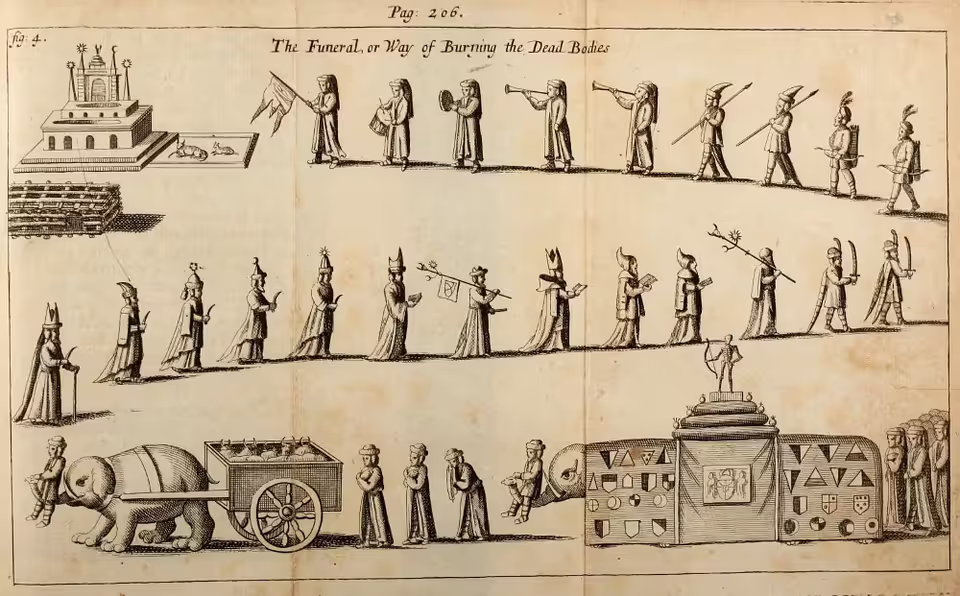
I'll keep it brief to say that it's been surprising how much better my mind feels day by day that I've switched back to writing more fiction, experimenting with the medium/craft, and generally focusing on...stories. It's something I've always loved and obsessed over, so returning to it after strictly working on essays/news has reminded me of the benefits of spending time developing narrative, thinking about its characters, and everything else that comes with practicing the art. I realize I am very much out of practice, but there are moments (some, I hope, "Faye's Final Days") that I feel/sense that familiar relinquishment of myself to offer to what novelist Steven Pressfield calls "the muse."
Not to say the work of essays/news isn't essential, but given how much I'm around it for my job and how much I digest it after work, giving myself absolutely no creative outlet, however much good I convinced myself I was doing with it, was honestly not doing much good for myself.
I'm also thankful for my small batch of readers, supporters, and general observers of all this. Life is insane, the USA is insane, and for you to take a few minutes out of that life to spend with the ending of "Faye's Final Days" means a lot. It is not necessarily recognition I'm seeking, but rather the sharing of ideas, connections, and revelations within the narrative, to perhaps learn why this story and others I plan to write in the future unfold as they do. We only have so much time, and truth, knowledge, and presence are the best ways to utilize it.
I hope you feel the same way. Cheers.
— Mitchell
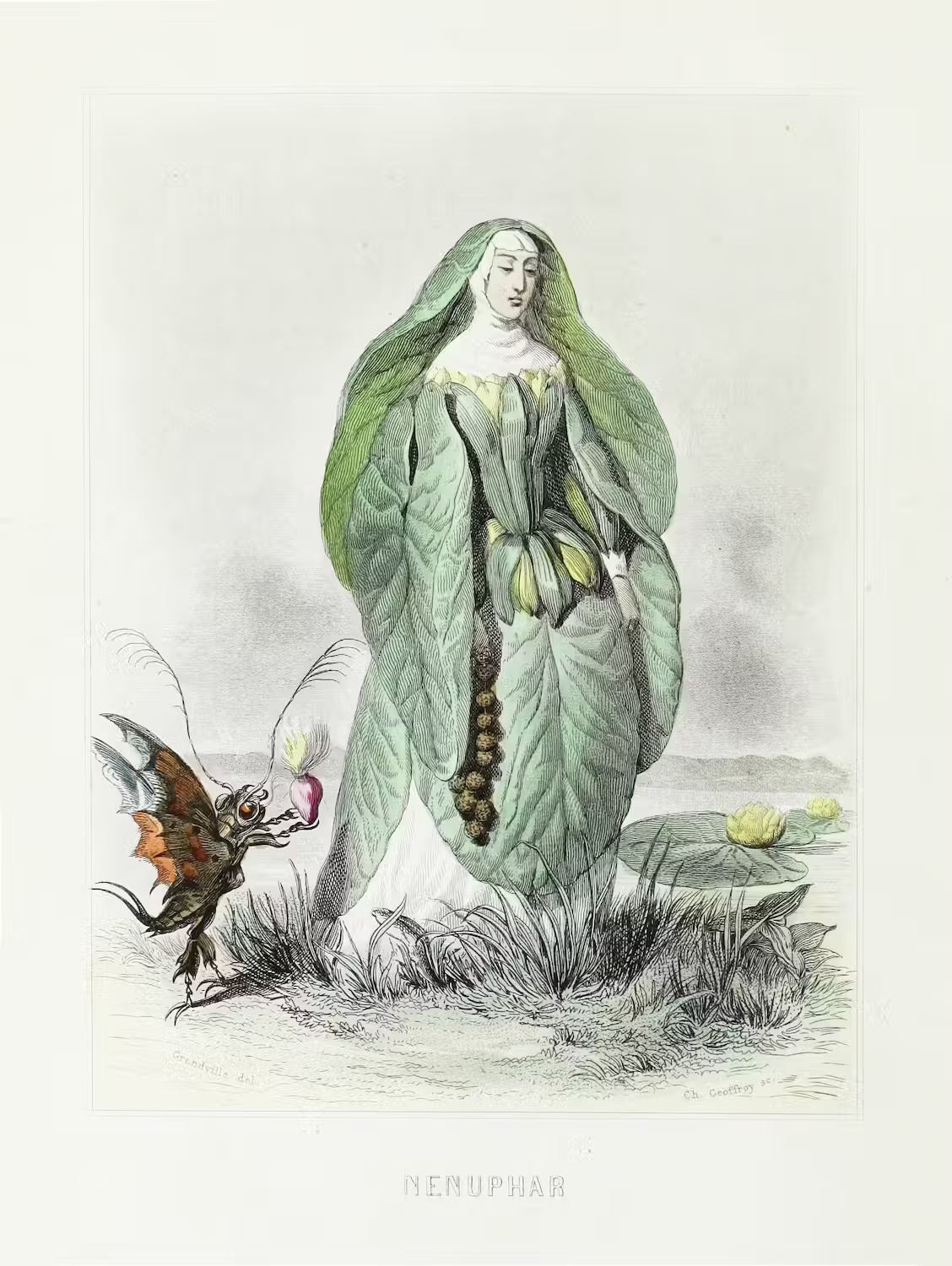
Faye's Final Days, Part 3
“I saw you smoking,” Faye said, opening her door.
Mari stopped, followed by a loud, deliberate scoff.
"Oh yeah?" she asked. "From where?"
Faye motioned towards her sunlit kitchen window. "While I was trying my best to clean up for you, too."
"Sorry "Scottie" but, last time I checked, this was a free country. For now at least."
Mari, again, tried to enter, but Faye, doing her best to emote strength, stood firm at the door.
"Just say you're sorry for not considering me so we can move on?" Faye asked. "It will be easier that way."
"What will be easier exactly?"
Faye started to physically close the door in Mari's face to which she put her hand out, holding Faye's force back.
"Am I not on the list?" Mari joked, trying her best to keep things light, cordial. She did not want to fight. "Am I not VIP today? I usually am."
The heat from outside had made its way through the front door and snaked up the apartment's stairway. Faye felt the mugginess roll past Mari - foreign and obtrusive - then rebound from Mari's body and overwhelm her. The warmth activated thoughts of her own blood: how soon it would cool, be drained, treated, and finally dumped into the municipal sewage. Faye tried her best to hold back these thoughts now that Mari was there, and looked over her shoulder to see the same old chipped paint and peeling wallpaper catching the waning afternoon light. Everything, with time, degraded, Faye thought. Everything goes as soon as it arrives. In one of the other apartments - maybe all of them - a TV turned up too late, murmured nothing to everyone still willing to listen.
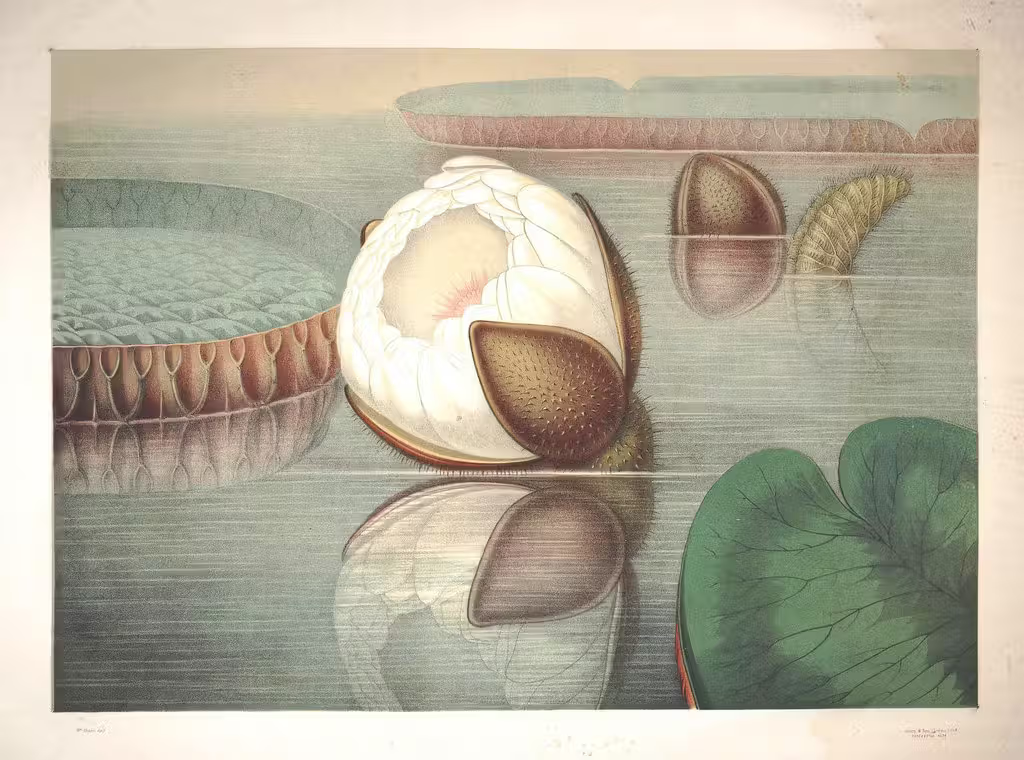
Mari's head fell to one side in annoyance while Faye tried to ignore how red and full her cheeks looked, the way her shoulders were broad, yet thin and pulled back and strong in her thin, white t-shirt. Mari wasn't wearing a bra and she hated and loved her for the freedom she possessed in the face of death as Faye desperately tried to dismiss her smell of smoke, aloe, and sweat-infused lavender. What would she want with a corpse like me? Faye thought. What do I have to offer her anymore but grief? Before, especially after being apart for so long, Faye would have licked every drop of sweat off of her, but now, as she was, who she was, the fantasy depressed her; the daydream felt like someone else's.
"Well, my bell?" asked Mari with a coy wink. "Your move."
"I'm thinking."
Faye gazed into Mari's face and through it, her memory ignescent as every angle of it, every stroke of light turned into every joyful scream of pain and joy; curling and bending in life's hysterics in parallel to black holes of twin beatitude running interstellar to a place, their place, of inexhaustible unity. Faye started to feel the edges of her consciousness begin to align with a fast-approaching event horizon; her mind slowly letting the rest of her body catch up to the unspooling from the world towards another was beginning, and that it was OK; it was always going to be this way and the idea of it being anything but was even more hurtful.
"I'm trying to think," Faye said. "At least, I think I am, Mari."
"Please don't wrestle with me now."
Their relationship was scattered with these mini-fights for dominance; tiny mole hills built up of half-smoked lipstick-laced cigarettes, broken pint and wine glasses with strands of hair in them, and vague but still failed expectations neither of them, if pressed, could tell you where they originated from. But, like all lovers, they fought anyway, to show the other they still cared enough to prove the other would stay, even if they lost. Because it's not about winning, but how long either could stay in the ring, not matter how wrong the other was.
“I’m sorry for smoking a cigarette and not thinking about how it would make you feel,” Mari said finally, deliberately. “I know you know why. I’m nervous for all kinds of reason.” She hung her head. “You know I forget how fragile your trust is sometimes."
"Most times."
Mari raised her head, smiling. "Ok goodie-two shoes. You got me. Now what?"
"A lot of good being good got me," Faye said, moved aside to let her in. "Now, come inside."
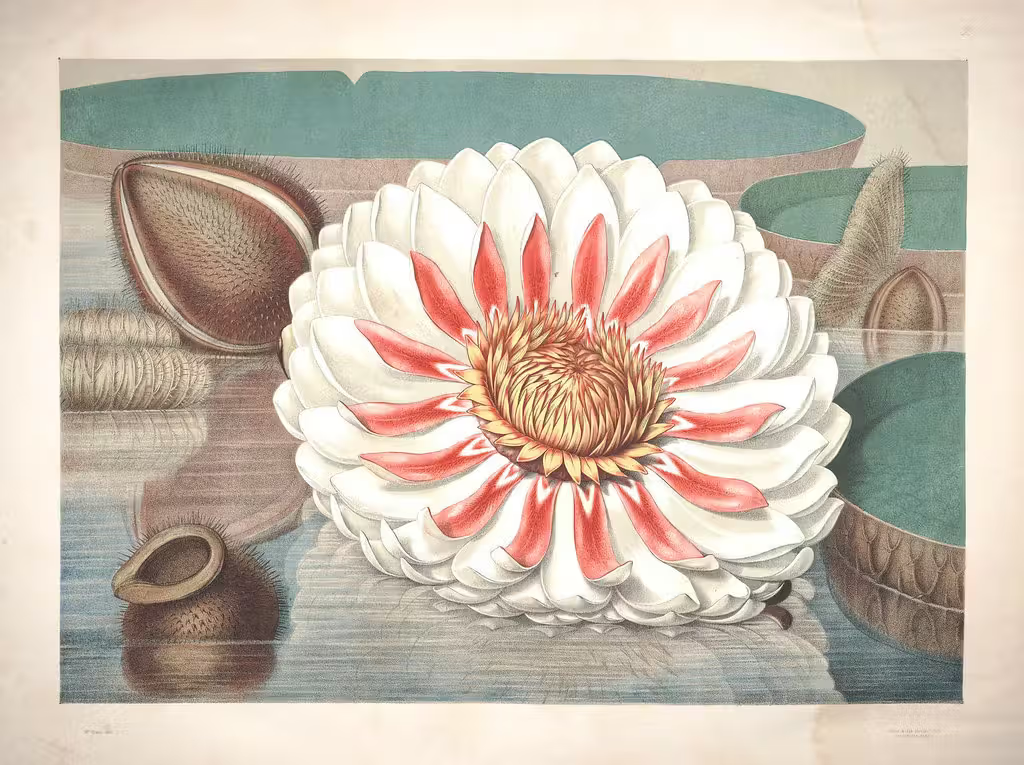
But Mari went to her, hugged her and kissed both her cheeks, her forehead, her lips, but briefly. The warmth and comfort replaced all the death that had been surrounding her, all the talking about it, and all the irrelevant, inconsequential planning. Faye recalled Sunday mornings they shared in between dreams and waking - birdsong and needing to be nowhere. Mari remembered cheap concerts at cheap bars, bad cocktails, and laughing so hard that dying in euphoria was the most desired path - lockstep and in love with vice and each other from every bad and beautiful angle. Mari always, always, always was finding a way to have just one more. "Another," their friends called Mari for "another, so this moment never ends." After they both exhaled and re-grounded themselves, they moved away and the simple truth of the state of things was no longer sentimentalized or lost in memory, intellectualized or discussed. It was real all over again.
"Try not to talk like that, sweetie," Mari said.
"Why?"
"Don't push yourself away with the little time that you have left."
Faye heard Mari's words and wished she could believe them, absorb them, and allow them to change her as quickly as she had heard them. She yearned for the time that Mari possessed to be altered by melancholic pleas, but the reality was that she didn't have it and never would again. Faye only had days, hours, minutes, and seconds until they too would be gone. And Mari would come to the same fate as her. Then any memory of Faye's would be reduced to dismissed medical records, data for statistics for papers few would ever read, old stories about her when friends had nothing else to say at the dinner table or the bar or BINGO at the old folks home, and finally dusty yearbooks - donated, discarded - to be burned for warmth on a cold night under a bridge between two survivors used for one last evening before dissolving into their own void.
Faye closed her eyes, tasting the smoky half-truths of Mari's words. The walls around her receded, and all she felt was the pulse at her temples, like the hands of a clock. Then, the lights themselves seemed to recede to a point where even the darkness seemed dim and far off.
What else was left of me, Faye thought, except for farewells? Did I say enough hello's? Enough thank you's? Enough I love you's? What else can I do but gather and arrange fleeting scraps of memories in desperate, futile attempts to shape them into an experience the I I am today will not be tomorrow? What will happen to these thoughts when I am no longer here to have them?
Faye leaned her full weight into Mari's body and let her arms and hands fall onto the bottle of wine she had brought.
"Is this..?"
"It is," Mari said looking down at her from above "A gift from the restaurant you scared the shit out of that night on your birthday. They told me to say hi."
"Hi," Faye replied. She pulled back and retreated to close and lock the door. "I don't think I've had a drink of anything since that day."
"Makes sense." Mari held up the bottle. "But I'm sure your doctor won't mind."
"Because I'm dying?"
"Yes, that."
“That, that, that,” Faye murmured, propping herself against the door. “It’s strange to accept something as inevitable as death. Even when you do, the world and its experiences become sharper, more precious, because you know they are about to be someone else's. Fleeing towards fleeting, or, vice versa."
She felt her hand open and close, as if letting something invisible go.
Mari reached out to comfort her but Faye, gently, waved her away, insisting that she was fine. Tired, she explained.
"How desperate are we to hold onto oneself in the minutes before letting go despite all the years of complaining of lugging oneself around?" Faye said, as her thoughts and actions felt like they were slowly being directed by someone or something else. "I need to no longer need, but first, I should lay down."
"Do you need help?" asked Mari.
Evading her, Faye moved to the couch and was suddenly overwhelmed by their earlier back and forth. The conversation, the banter, and the arguing had left her drained as the last fleeting hours of the afternoon. It was ironic to her that the one thing she wanted more of (at least she thought that she did) took so much from her. Life, Faye thought as she allowed her throbbing head and trembling chest to release, was so filled with contradictions the closer it came to ending. And yet, we persevere, anyway.
Faye’s gaze drifted to a pile of literary magazines on her coffee table that she would never read, and then to a photo of herself as a little girl beside the television. It had been taken before her parents knew who she truly was. As she let her mind wander back in time, inventing stories about the red bike she stood next to and the house behind it, she remembered one of her first thoughts after learning she was going to die: Faye hoped she would not see her parents again in any afterlife, if such a place existed. Still and secure on the couch, Faye looked up at what appeared to her a semi-translucent ceiling of her apartment revealing white clouds against the blue sky and the pious sun; the comforting lie of religion.
"You made your amends with me, you two," Faye muttered. "You two who made me who I am and where I am now going."
"Mmm?" Mari asked from the kitchen getting the their wine ready. "What was that?"
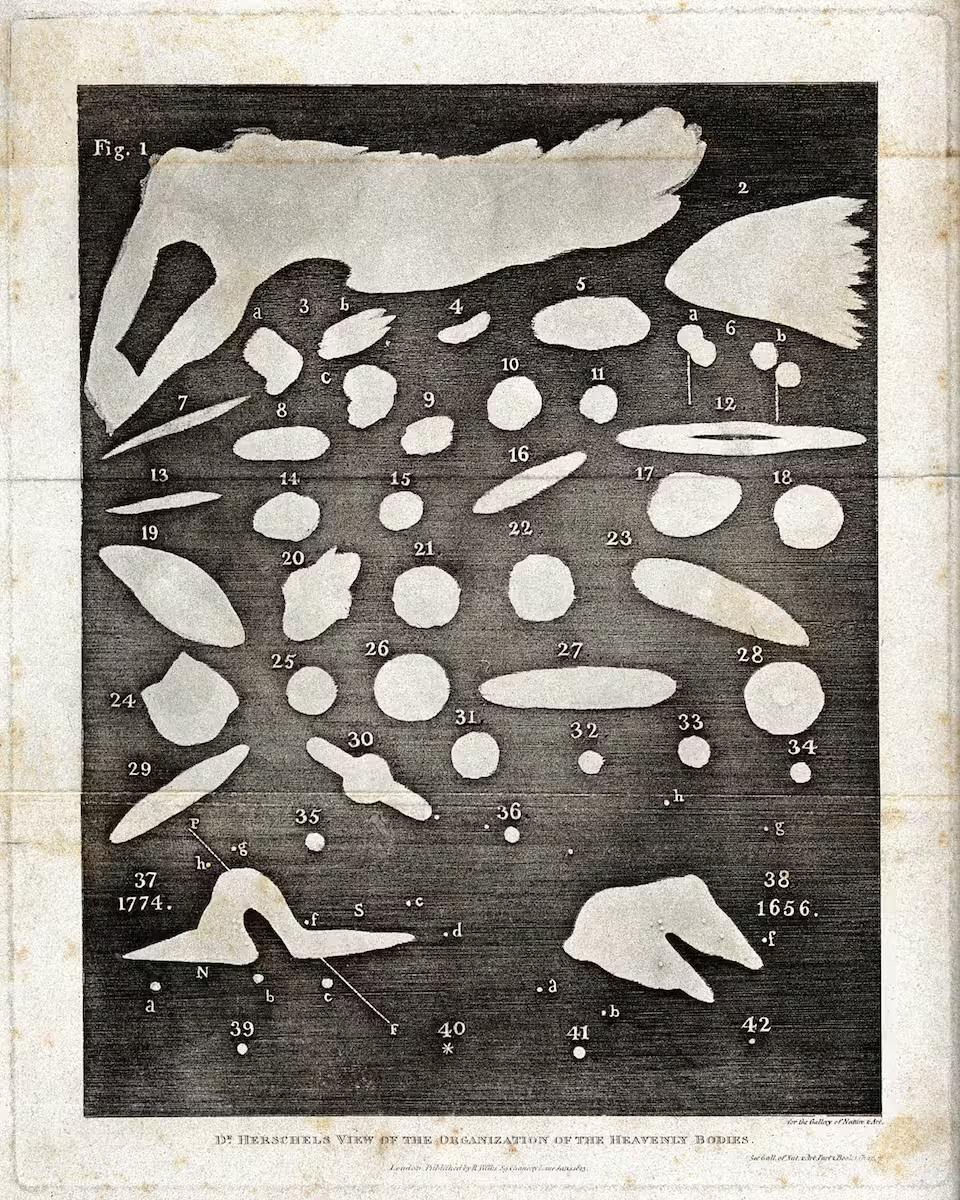
Mari went to the kitchen, placed the wine bottle on the counter and, like a magician, pulled the opener from one of the drawers. Nothing from the last time she had been there had changed and, why would it have?
“It smells nice here Faye, like potpourri.” Mari popped the bottle. "Thank you again for cleaning up."
“Of course," Faye said, her voice wandering. "Anything for you."
Mari opened the cupboard and pulled out two glasses, both of them, Mari noticed, catching the light and the dust floating in the air. She filled them with wine and noticed, as the two met and swirled, time had slowed, and any earthly, human rush to be somewhere to do something had faded. The pace of her life naturally held back to meet Faye's. Or maybe it was the tequila wearing off, and Mari was getting as tired as Faye was. Mari breathed in, out, and turned towards Faye with the two filled wine glasses. It felt almost ceremonial, but there was no one watching, no one caring, which was what they both loved and wanted when they were together in the past; what they were now. The silence itself seemed to tighten as something on Mari's horizon, or perhaps just beyond it, began to reveal itself to her: a row of hazy bodies, swaying back and forth just-so in the distance; powerless silhouettes of phantoms of penumbra yet still, Mari felt drawn into them.
Mari paused, then raised the wine-filled glasses and went to stand by Faye's side.
”You might as well say what you want to say," Faye said still staring at the photo of her young self.
”I appreciate you using the time you have left to have me,” Mari said. “To have me after everything that happened - for this final moment - and I'm sorry you had to go through all of this first."
"It's not your fault," Faye said. "It's our fault."
"We should have spent more time planning for the future."
"Time is for people with futures," Faye said. "And that's not who we were, Mari - who we are." She reached to grab Mari's hand and Mari met her halfway. "Tell me how good my hair looks in this afternoon light; how sweet I was the night we met; the dreams we used to lie about under street lamps and stars."
Mari knelt down and placed the two glasses on the coffee table. "All of that."
"Why do I still want it all?" Faye asked, almost crying, letting go. "Even now, of all times." She struggled to reposition herself, trying to get comfortable, and doing her best to cover her disgust at her anger, at her need for pity. Always, always wanting.
Mari then went to both knees and took out a glass vial no bigger than half a roll of quarters. Inside was a fine, white powder - the exact color of Faye's favorite lily, the Convallaria majalis or the "Lily of the Valley." Faye loved the shape of their seemingly soft, white bells, each bloom gently cradled by its green leaf. They smelled sweet, fresh, and pure but were mournful in their clustered weeping as they hung together in line as one. Mari hands were shaking.
"Is it the same as last time?" asked Faye. "It must be."
"Yes," Mari replied. "Exactly that."
"I wouldn't go back if I could," said Faye. "I wouldn't change anything, anything at all. I accept it, Mari, all of it."
Mari uncapped the glass vial, poured it into Faye's glass, and then moved it slightly farther from her grasp.
"It smells like my lilies," Faye said. "Just like them. I can't believe that I'm going to miss those stupid flowers more than anything else. You, of course, but those flowers – I hope something like them is there, waiting."
“I wish things were different,” Mari said, the neck of her own wine glass now firmly in one of her hands. “I wish I had made better choices. I could have been smarter. I could have let you let me be smarter. We could have had a life."
“Wishes are for wells, shooting stars, and eyelashes,” Faye said. "This is our life, right now, between us. Let me have it now, please, Mari, please. You've never kept anything from before. Why now?"
Mari moved back and poured the rest of the opened vial into her own glass, watching as the powder met the wine's deep, purplish red surface and then bloomed forth, stopping only at the glass's curve. Faye tried to stop her with her voice and what was left of her body but Mari, in one single drink, finished it all and then met Faye with a kiss, letting the weight of the truth enter the room and confront them as one now on the same path. Mari pulled back and listened as their breaths fell in sync, like the point where one curve of a circle meets its end.
"You won't have to miss me," Mari said, now handing Faye her glass. "Today is my day, and my day is with you."
"Mari..." Faye stammered, looking at every inch of her, at every memory gained and soon to be lost, no longer apart but together. Then, she looked inside her wine glass, at her fate. "I can see my lilies, the roots and seeds; the valley below."
"I am going with you." Mari helped bring Faye's glass to her lips to help her drink. "Let me go. Let me go with you."
“Today,” Faye muttered as she drank. “This day. This day, with you."
Mari sunk into the couch next to her. "I can see the valley, off in the distance, way, way off."
"I can see it too."
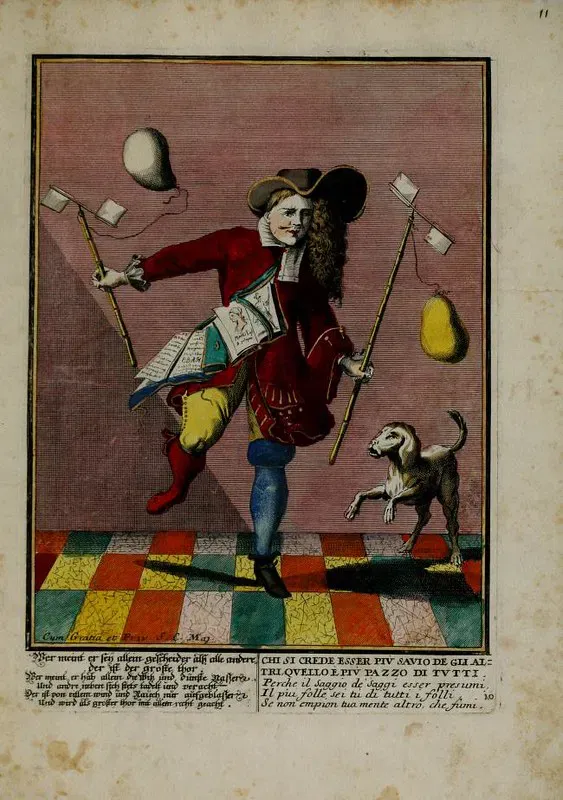
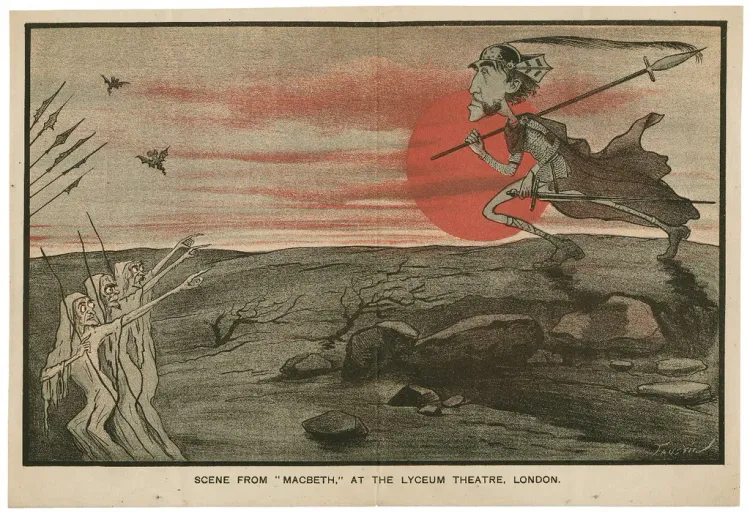
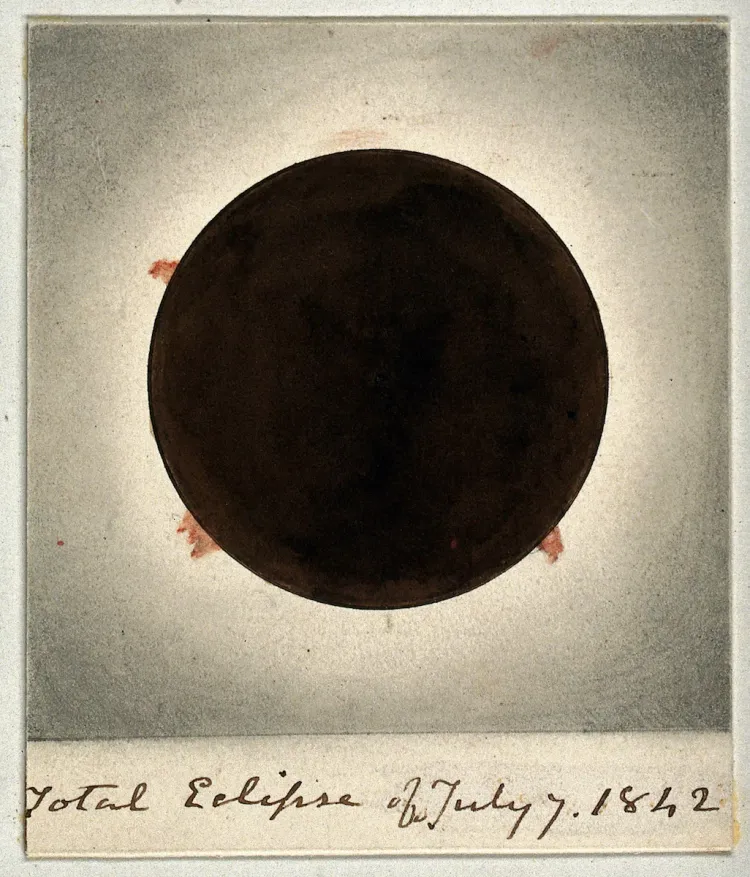
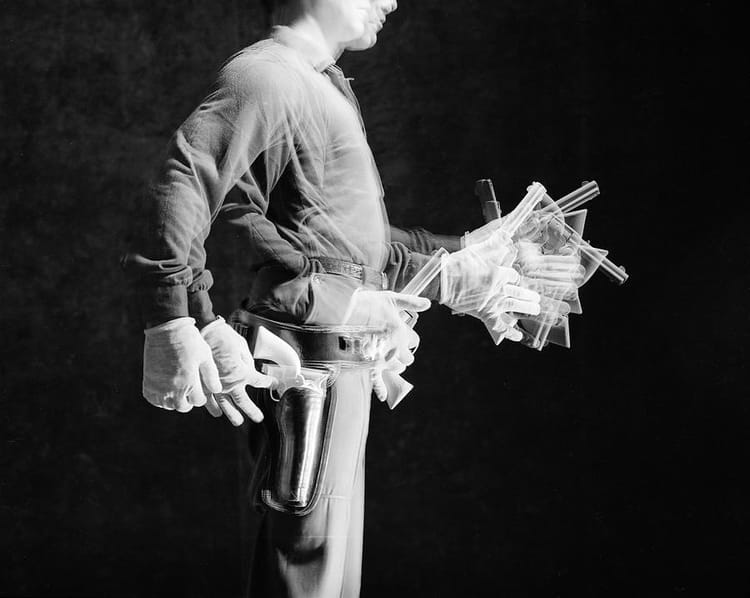
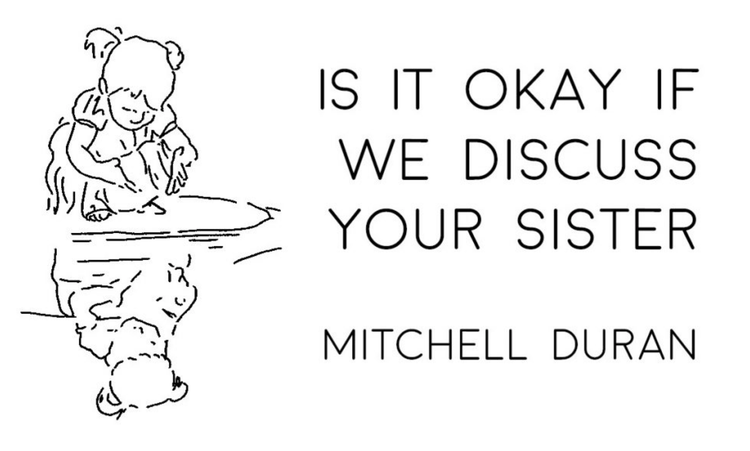
Member discussion